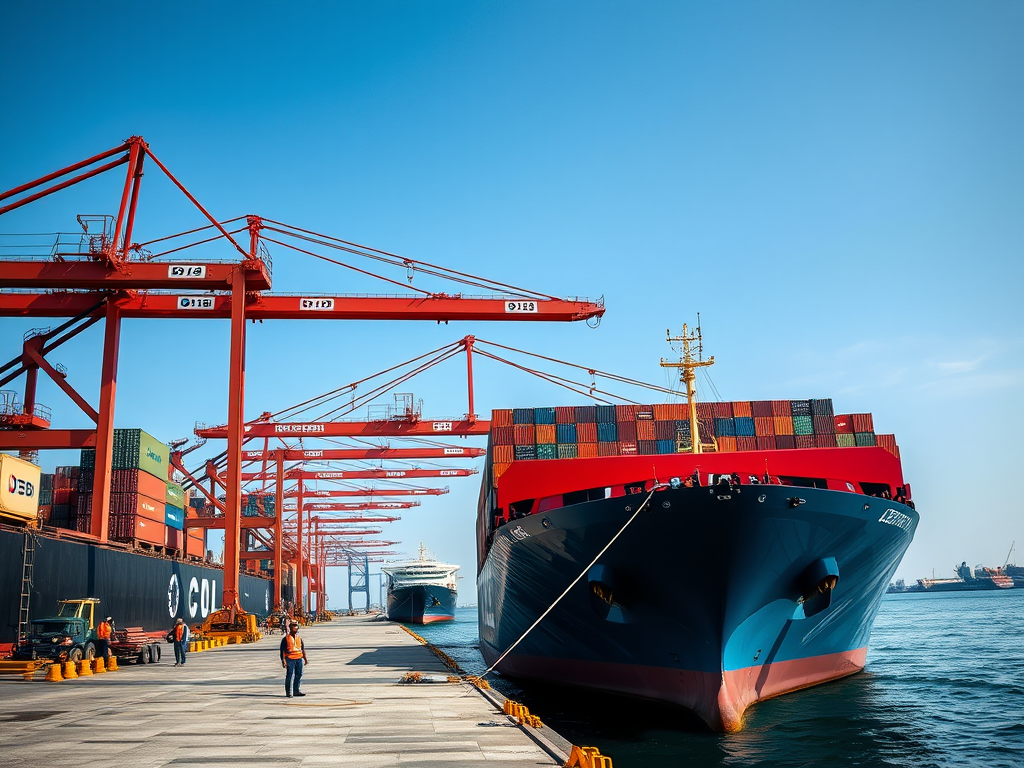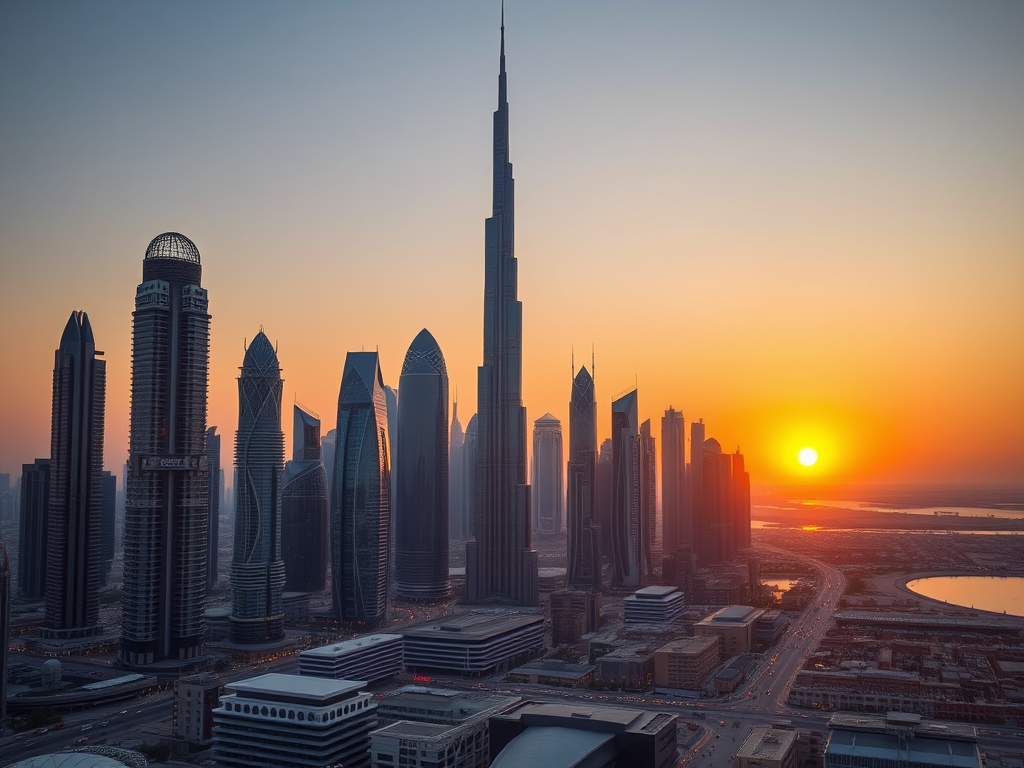Dubai’s international trade network serves as a pivotal platform for businesses looking to expand their reach and enhance profitability. As a global trading hub, Dubai is strategically located at the crossroads of Europe, Asia, and Africa, facilitating seamless connectivity between markets. Many businesses can harness this network to optimize their operations and drive sales growth by leveraging trade agreements, logistics, and a multicultural marketplace. In this article, we will explore various strategies and insights on effectively navigating and benefiting from Dubai’s vibrant trade ecosystem.
Understanding Dubai’s Trade Environment

Dubai boasts a robust trade environment backed by its advanced infrastructure, business-friendly policies, and diverse population. The emirate has established numerous free zones, allowing 100% foreign ownership and tax exemptions on income. These zones cater to various industries, including technology, aviation, and media, making it easier for businesses to set up and operate. Furthermore, Dubai’s state-of-the-art logistics facilities, such as the Dubai International Airport and the Port of Jebel Ali, ensure efficient transportation of goods across continents.
Market accessibility is another significant advantage, with a multitude of trade agreements in place that provide preferential access to various global markets. A deep understanding of these trade agreements can enable businesses to optimize costs and expand their market presence.
Identifying Key Markets and Opportunities

Diving into Dubai’s international trade network requires businesses to identify potential markets and understand industry-specific opportunities. This assessment can be achieved through thorough market research and data analysis. Here are some strategies to help businesses pinpoint the right markets:
- Analyze import and export data to identify growing sectors.
- Attend trade shows and industry events to network with potential partners and customers.
- Leverage local chambers of commerce and trade associations for insights and support.
- Utilize government resources that focus on promoting trade and investment in the region.
- Engage with logistics providers to understand shipping routes and costs more effectively.
By taking these steps, businesses can strategically position themselves within Dubai’s trade network and tap into lucrative opportunities that align with their goals.
Building Relationships with Local Experts
Networking is paramount in Dubai’s international trade landscape. Relationships with local experts, customs brokers, and logistics providers can significantly enhance a business’s operations and facilitate smoother transactions. Here are some actionable steps to build a strong network:
- Join local business associations and chambers of commerce.
- Participate in networking events and trade missions.
- Establish partnerships with local influencers and industry leaders.
- Utilize social media platforms, such as LinkedIn, to connect with key stakeholders.
- Hire local agents or consultants who understand the market better.
By focusing on building relationships, businesses can leverage local knowledge and resources, ensuring a more seamless entry into the market.
Maximizing Logistics and Distribution Channels
A critical aspect of leveraging Dubai’s international trade network is maximizing logistics and distribution channels. Efficient supply chain management is essential for meeting customer demands and maintaining competitive pricing. Here are key logistical considerations:
- Utilize Dubai’s free zones for warehousing and distribution to optimize operational costs.
- Partner with established logistics companies that offer comprehensive shipping solutions.
- Leverage digital technology to track inventory, shipments, and deliveries in real time.
- Evaluate various shipping options and negotiate bulk rates to manage shipping costs effectively.
- Consider setting up Fulfillment Centers in Dubai to expedite product delivery.
By optimizing logistics and distribution, businesses can ensure that they meet customer expectations and enhance their market presence within and beyond Dubai.
Conclusion
Leveraging Dubai’s international trade network is crucial for businesses looking to expand their global footprint. Through an understanding of local trade dynamics, identification of key markets, and building meaningful relationships, companies can optimize their operations and enhance profitability. By maximizing logistics and distribution strategies, businesses can navigate Dubai’s vibrant trade landscape and tap into its expansive opportunities.
Frequently Asked Questions
1. What are the benefits of trading through Dubai?
Dubai offers 100% foreign ownership, tax exemptions, a strategic geographic location, and a robust transport infrastructure, creating favorable conditions for international trade.
2. How can I conduct market research in Dubai?
Market research can be conducted through government databases, local trade associations, surveys, industry reports, and attending trade shows.
3. Are there specific free zones for certain industries in Dubai?
Yes, Dubai has several free zones like Dubai Media City for media, Dubai Internet City for tech, and Jebel Ali Free Zone for logistics and trading, each catering to specific industries.
4. How do I build a network in Dubai for business?
You can build a network by joining local business groups, attending events, connecting on social media, and collaborating with local businesses and influencers.
5. What technologies can help optimize logistics in Dubai?
Technologies such as real-time tracking systems, inventory Management software, and supply chain analytics can help optimize logistics and enhance efficiency.
